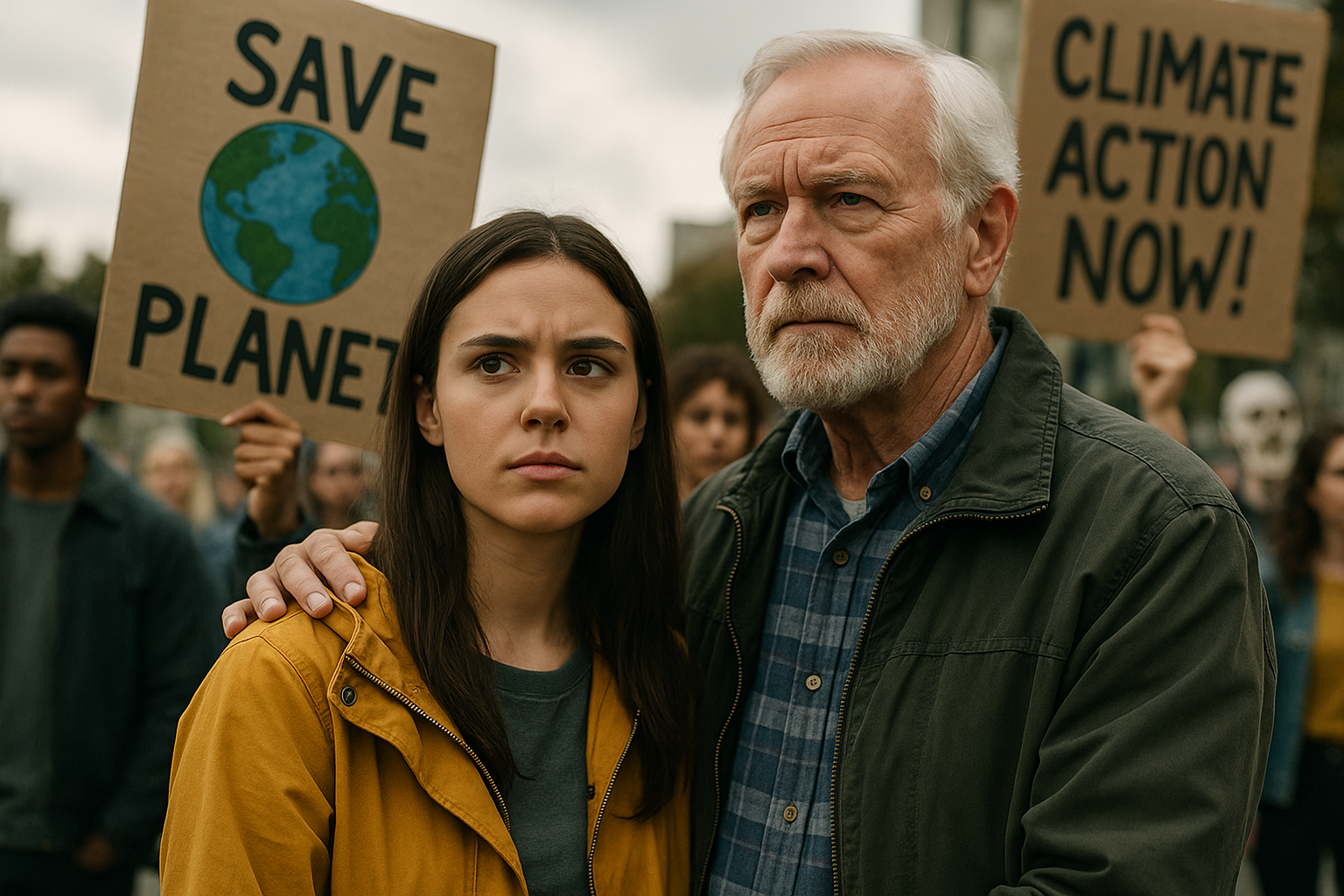Bridging the Gap: Generational Attitudes Towards Climate Change
Introduction: In the whirlwind of societal shifts, one topic stands at the forefront of global consciousness - climate change. This environmental crisis is not only changing our physical world but also reshaping generational attitudes and interactions. Read below to discover the distinct approaches of different generations towards this pressing issue and how they impact our collective future.

The Emergence of the Climate Crisis
Climate change, once a distant scientific prediction, has now become a stark reality. The last century has witnessed gradual but relentless shifts in global temperatures, resulting in rising sea levels, extreme weather events, and devastating loss of biodiversity. While this crisis has been brewing for decades, it’s only in recent years that its severity has permeated our collective consciousness and begun to significantly shape societal attitudes and behaviors.
Generational Perspectives on Climate Change
The climate crisis is a unique issue that transcends age, nationality, and socio-economic status. However, it’s evident that different generations have distinct perspectives on this environmental quandary. Baby Boomers, having grown up in an era of economic prosperity and technological progress, are often accused of being passive or dismissive towards the climate crisis. Meanwhile, Generation X, sandwiched between two environmentally conscious generations, displays a more pragmatic approach.
The Rise of Youth Activism
The younger generations, particularly Millennials and Generation Z, are becoming increasingly vocal about climate change, demanding immediate action. Fueled by a sense of urgency and a deep understanding of the interconnectedness of global issues, these digital natives are leveraging social media platforms to mobilize collective action, leading to a global surge in youth climate activism.
Implications for Society and Culture
The generational divide over climate change is not merely a demographic trend; it has profound implications for our society and culture. It is driving a transformation in our political landscape, with climate change policies becoming a decisive factor in electoral politics. Moreover, it’s influencing consumer behavior, with an increasing demand for sustainable products and services, particularly amongst younger consumers.
Bridging the Generational Divide
The diverse attitudes towards climate change present both a challenge and an opportunity. The challenge lies in bridging the generational divide and fostering a collective response to the climate crisis. The opportunity, however, lies in harnessing the energy and innovation of the younger generations, and the wisdom and experience of the older generations, to create a sustainable future for all.
In conclusion, the climate crisis is not merely an environmental issue; it’s a social phenomenon that’s reshaping our generational attitudes, societal norms, and cultural trends. As we navigate this complex landscape, it’s crucial to foster a collective understanding and response to this existential threat, transcending generational divides.




